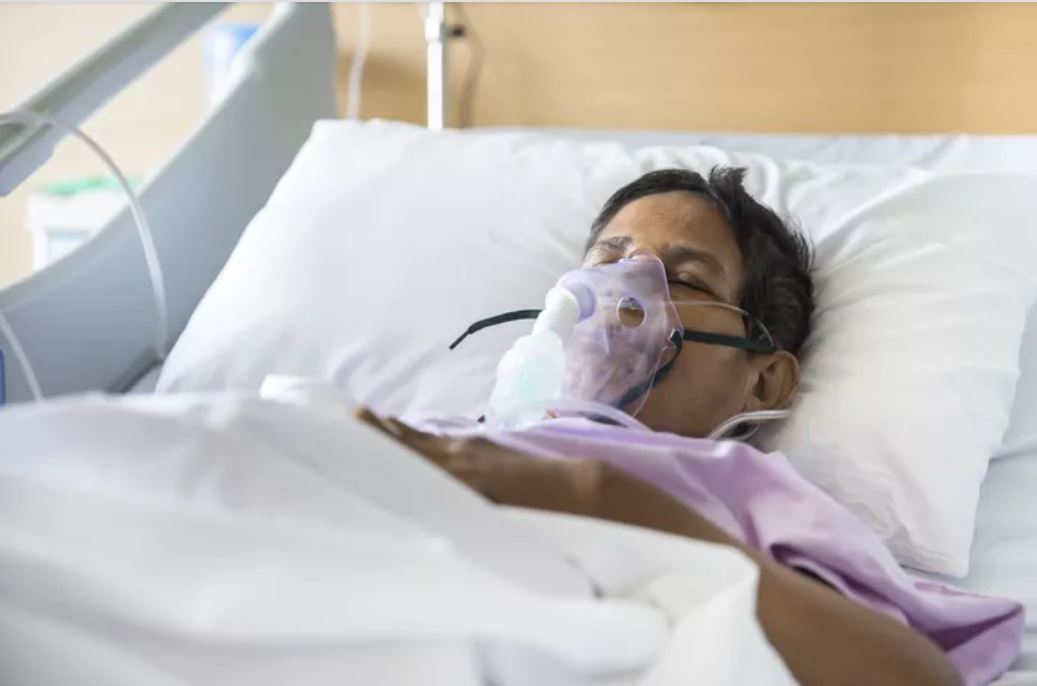Typically there is a history of an acute physical or emotional stressor within the preceding hours/few days that triggers TTS, but approximately one third of people have no identifiable trigger at the time of presentation.
Negative emotional stressors
affecting individuals
Grief/Loss
Conflict
Panic/fear/anxiety
Financial concerns



Negative emotional stressors
affecting populations







Examples of positive emotional
events affecting individuals

Examples of physical stressors




Examples of medical physical stressors
Neurological disorders
Respiratory causes
Medical/dental procedures
Mental health-related disorders
Endocrine disorders
Other

1Chan, C., Elliott, J., Troughton, R., Frampton, C., Smyth, D., Crozier, I. and Bridgman, P., 2013. Acute myocardial infarction and stress cardiomyopathy following the Christchurch earthquakes. PloS one, 8(7), p.e68504.
Stay up-to-date

Development of this website was supported by a grant from the Rosemary Bryant AO Research Centre, University of South Australia
Copyright © 2019 Takotsubo
